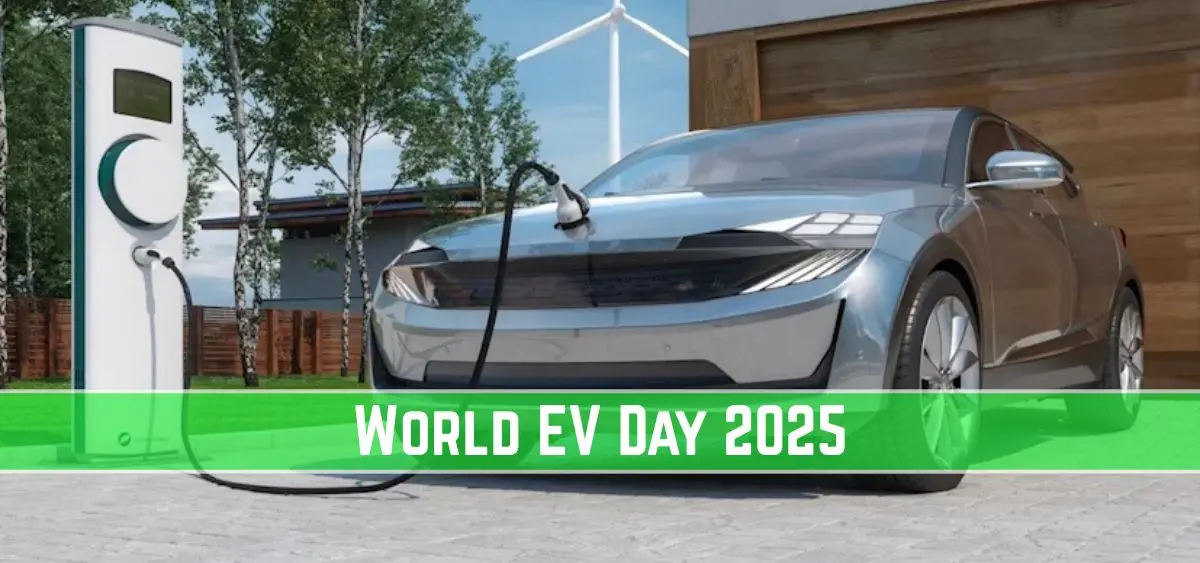Every year, World EV Day highlights the importance of clean mobility and the global shift from fuel-driven vehicles to sustainable alternatives. This year, World EV Day 2025 is being observed on Tuesday, September 9, 2025. More than just a date on the calendar, it is a global reminder that collective action can transform the future of transportation. With cities growing denser, pollution levels rising, and climate change becoming a pressing concern, the move toward electric mobility is more urgent than ever.
History of World EV Day
World EV Day was first celebrated in 2020, initiated by Green.TV, a sustainability media company. Since then, it has grown into a worldwide movement to promote electric mobility and sustainable transportation. Governments, automakers, and communities come together each year to accelerate awareness and adoption. In India, campaigns and events have gained momentum, making this observance a milestone in the country’s mission to build a clean mobility ecosystem.
Why Electric Vehicles Matter?
Electric Vehicles (EVs) are no longer just a trend—they are the future of mobility. They address multiple challenges at once: reducing emissions, lowering fuel costs, and integrating advanced technology into everyday commuting.
Environmental Benefits
- EVs release zero tailpipe emissions, helping improve air quality.
- Reduced carbon dioxide levels contribute to lowering greenhouse gases.
- Quieter streets reduce noise pollution in cities like Delhi and Mumbai.
- EV adoption reduces dependence on fossil fuels, enabling renewable integration.
- EV impact: Over 642 million km driven, preventing 7.7 million kg of CO₂ emissions, saving 8.3 million litres of fuel, and equating to planting 338,589 trees.
Economic Benefits
EVs are cost-effective due to fewer moving parts and lower maintenance. Government initiatives like the FAME India Scheme, PM E-Drive Scheme, and state-level EV policies offer subsidies and tax incentives, making EV ownership more attractive.
Technological Innovation
With advancements in lithium-ion and solid-state batteries, EVs now last longer and charge faster. Smart charging solutions, AI-driven navigation, and connected mobile apps make EVs more user-friendly. Campaigns like World EV Charging Day further highlight smarter charging practices.
Challenges Ahead
Despite rapid growth, challenges remain. Charging infrastructure is still developing, and battery costs remain high. However, investments in nationwide charging stations, battery recycling, and affordable EV models are helping bridge the gap. Awareness campaigns are also addressing consumer hesitation.
How can you participate?
World EV Day 2025 is not just for policymakers or automakers—it’s for everyone. Individuals can:
- Take a pledge to adopt electric mobility, starting with two-wheelers.
- Attend EV Day events, both online and offline.
- Test drive EVs to experience the difference first-hand.
Future of E-Mobility
India’s EV future looks promising with ultra-fast charging, solid-state batteries, and vehicle-to-grid (V2G) integration on the horizon. Solar-powered charging at homes and the rise of electric bikes will make sustainable mobility accessible to millions.
Highlights of World EV Day 2025
- Sixth anniversary of the event, founded in 2020.
- Global awareness campaigns are led by governments, businesses, and citizens.
- Partners like Autotrader, Connected Kerb, Octopus Electroverse, and Milence are making special announcements.
- Regional events in India, including TERI’s EV owners’ meet-up and awareness drives by Magenta Mobility and Revolt Motors.
- Industry updates, such as VECV expanding its EV portfolio.
Related Articles:-

